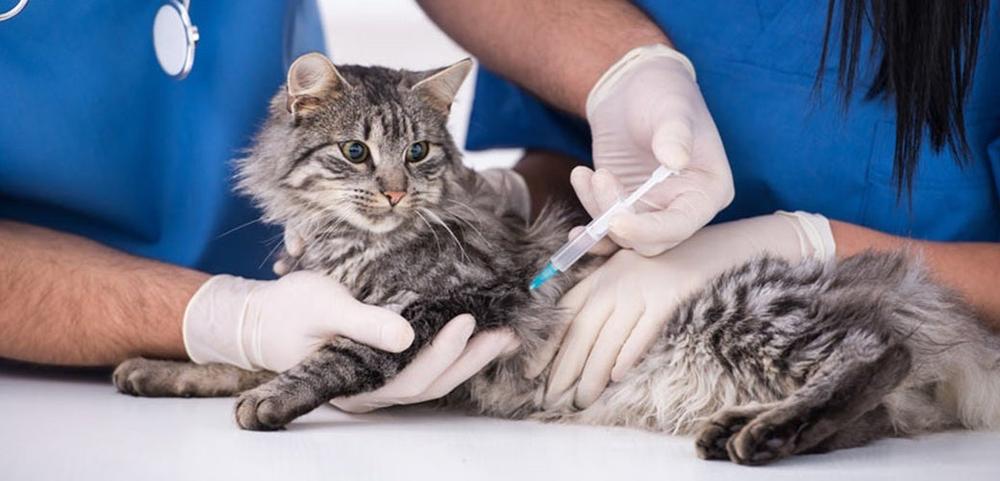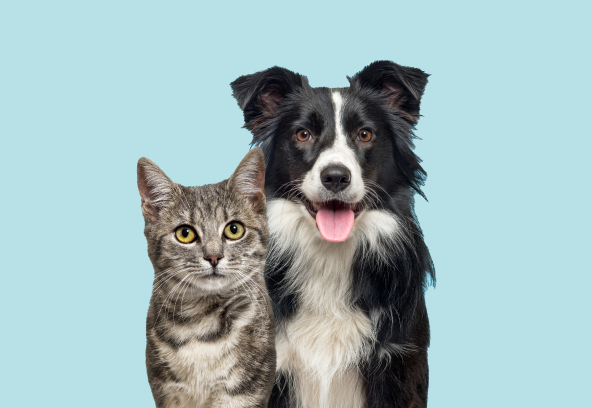Pet vaccination schedules can be confusing, but they’re essential for protecting your cat from diseases and viruses. This article will cover the important vaccines your cat needs and the recommended schedule for their administration.
Core Cat Vaccines
In New Zealand, there are three core infectious diseases that vets strongly recommend vaccinating against:
- Cat Flu
- Feline Enteritis
- Feline Immunodeficiency Virus (FIV)
Primary Vaccination Course
A primary course of vaccinations is needed to ensure full immunity. The number and type of injections depend on factors such as age, existing immunity, general health, and risk factors.
- Kittens (6 to 12 weeks old) – Require 2-3 vaccinations to complete the primary course.
- Older kittens/cats (over 12 weeks old) – Require 2 vaccinations/visits for the primary course.
- Adult cats with lapsed vaccinations – Require 2 vaccinations/visits to restart immunity.
If your cat doesn’t complete the full course of vaccinations, they will have no lasting immunity. A vaccination course does not provide full protection until 10 days after the final dose. Many catteries require a waiting period of 2-4 weeks after vaccination before accepting cats.
During the unprotected 10-day period, it’s crucial to keep your cat at home or in a safe environment away from unvaccinated animals.
Booster Vaccinations
Most vaccines require annual boosters to maintain strong immunity. Without regular boosters, your cat’s immunity will decline, leaving them vulnerable to disease. Some factors may extend a cat’s immunity slightly beyond a year, but annual check-ups ensure continued protection and allow vets to detect any health concerns early.
Diseases Covered by Vaccination
- Cat Flu – A highly contagious illness causing sneezing, runny eyes and nose, ulcers in the mouth and cornea, and appetite loss. Severe cases can lead to chronic respiratory issues or even death.
- Feline Enteritis – Another highly contagious disease, most dangerous for young kittens but affecting cats of all ages. Symptoms include loss of appetite, diarrhea, vomiting, extreme lethargy, dehydration, and, in severe cases, death.
- Feline Immunodeficiency Virus (FIV) – Spread primarily through bites, FIV is a serious disease with no cure. Vaccination is the best protection.
Additional Vaccines
Aside from the core three, there are other diseases that vaccines can help protect against:
- Feline Chlamydophila (formerly Feline Chlamydia) – Causes sneezing, conjunctivitis, and even infertility or abortion. It’s a common issue in New Zealand and, while treatable with a three-week course of antibiotics, vaccination helps prevent it.
Keeping Your Cat Safe
If you’ve recently welcomed a new cat into your home, visit your vet to establish a proper vaccination schedule. Prevention is the best protection when it comes to your cat’s health!



